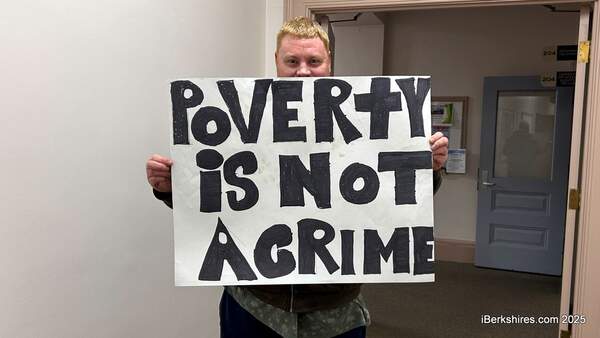Goodwill of the Berkshires Names New President and CEO
 |
PITTSFIELD, Mass. — Goodwill of the Berkshires and Southern Vermont's board of directors approved a management transition plan whereby David Twiggs has succeeded Frank Engels as the next president and CEO of the organization.
Twiggs, a Lenox resident, had most recently served as Goodwill's chief operating officer. He joined the organization in 2012 and has served in other senior management roles at Goodwill, including director of logistics.
"David Twiggs brings a wide range of experience from both the operations, retail, and social service sectors," said President of the Board of Directors Heidi Higgins. "His commitment to our community and personal approach to those needing a hand up are in keeping with Goodwill's philosophy and vision as a community focused organization."
Twiggs said he is honored to take the position.
"Goodwill is a dynamic, well-run organization with terrific employees," he said. "Frank Engels, the board of directors, and the entire staff did an amazing job at Goodwill during his six-year tenure. I look forward to building on the solid foundation they have established while continuing to focus on the needs of the local community."
Before joining Goodwill, Twiggs served as director of operations at Macy's. Prior to that he served on Target's executive retail team and as district manager for Perry Ellis stores. In addition to his career in the retail industry, Twiggs worked with youth in special education programs for more than a decade.
Twiggs also volunteers his time and talents to the community. He is currently serving on the Mass Alliance of Commissions on Disability, the Pittsfield Commission on Disabilities (including as community access monitor), an ombudsman for the executive office of Elder Services of Berkshire County and as a volunteer at the Berkshire Immigrant Center.
Tags: Goodwill,
















